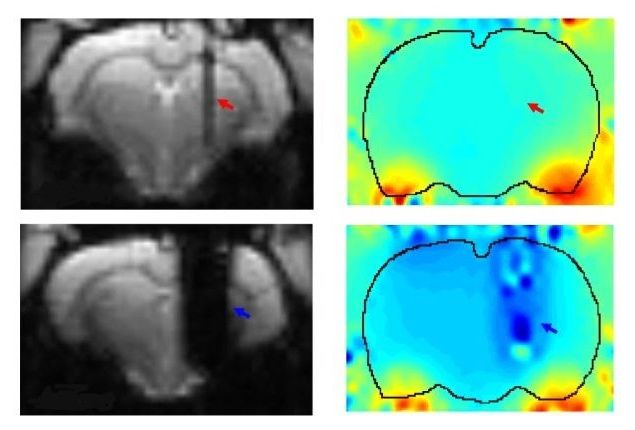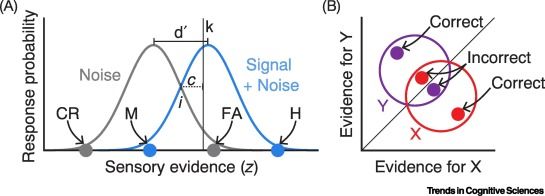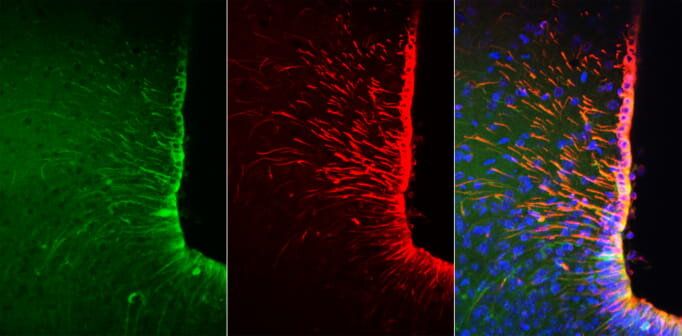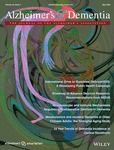MR-compatible graphene fibre microelectrodes enable full activation pattern mapping during simultaneous deep brain stimulation and functional MRI.



Making rapid decisions on the basis of sensory information is essential to everyday behaviors. Why, then, are perceptual decisions so variable despite unchanging inputs?
Spontaneous neural oscillations have emerged as a key predictor of trial-to-trial
Perceptual variability. New work casting these effects in the framework of models.

It has previously been discovered that tanycytes—cells found in part of the brain that controls energy levels —detect nutrients in food and tell the brain directly about the food we have eaten.
Tanycytes do this by responding to amino acids found in foods, via the same receptors that sense the flavor of amino acids (“umami” taste), which are found in the taste buds of the tongue.
In the paper ‘Hypothalamic tanycytes generate acute hyperphagia through activation of the arcuate neuronal network.’ published today, the 8th June, in the journal PNAS, researchers from the School of Life Sciences at the University of Warwick, explain how tanycytes can increase appetite.

Our lungs, bones, blood vessels and other major organs are made up of cells, and one way our bodies keep us healthy is by using protein messengers known as ligands that bind to receptors on the surfaces of cells to regulate our biological processes. When those messages get garbled, it can make us ill with a host of different diseases.

The Cognitive Debt hypothesis proposes that repetitive negative thinking (RNT), a modifiable process common to many psychological risk factors for Alzheimer’s disease (AD) may itself increase risk. We sought to empirically examine relationships between RNT and markers of AD, compared with anxiety and depression symptoms.

Almost a year after being diagnosed with a rare brain tumour, a mother of eight of Kato Village, in Region Eight, is now slated to undergo the first phase of her treatment tomorrow.
Junita Gomes, a former teacher, was diagnosed with acoustic neuroma on March 5th, 2019. She is currently bedridden and unable to see, speak, eat, or hear.

Persistently engaging in negative thinking patterns may raise the risk of Alzheimer’s disease, finds a new UCL-led study.
In the study of people aged over 55, published in Alzheimer’s & Dementia, researchers found ‘repetitive negative thinking’ (RNT) is linked to subsequent cognitive decline as well as the deposition of harmful brain proteins linked to Alzheimer’s.
The researchers say RNT should now be further investigated as a potential risk factor for dementia, and psychological tools, such as mindfulness or meditation, should be studied to see if these could reduce dementia risk.


https://www.youtube.com/watch?v=FiYFmrZ4sjw&feature=youtu.be
If you are interested in mind uploading, then I have an excellent video for you to watch. Dr Keith Wiley discusses personal identity issues associated with whole brain emulation in today’s Carboncopies Journal Club Meeting.
